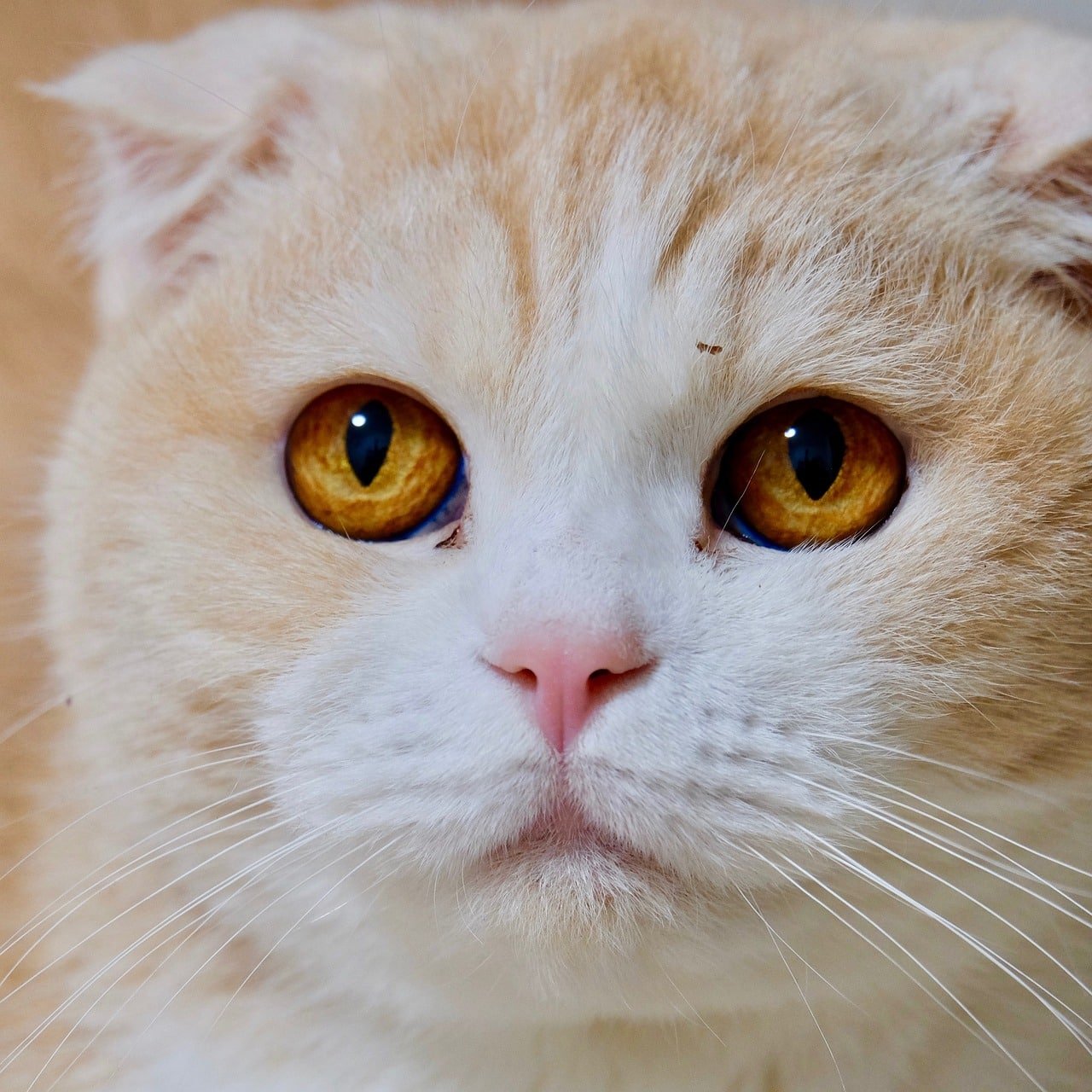Cats are fascinating creatures known for their independence, agility, and unique personalities. Whether you’ve recently adopted a cat or have been a longtime cat owner, understanding your cat’s breed can provide insights into its behavior, health needs, and overall care requirements. While determining a cat’s breed can be challenging, there are several key factors and methods that can help you identify and appreciate your feline friend even more.
Why Identify Your Cat’s Breed?
Identifying your cat’s breed isn’t just about satisfying curiosity—it can also be crucial for:
- Health Considerations: Some breeds are prone to specific health issues, and knowing your cat’s breed can help you anticipate and address these concerns early.
- Behavioral Insights: Different breeds have distinct behaviors and temperaments. Understanding your cat’s breed can help you tailor enrichment activities and training to suit its personality.
- Grooming and Care: Certain breeds require specific grooming routines and care practices. Knowing your cat’s breed can ensure you meet its grooming needs effectively.
Factors to Consider When Identifying Your Cat’s Breed
Determining your cat’s breed involves examining various factors, including:
- Physical Characteristics: Take note of your cat’s size, body shape, coat length and texture, eye color, and any distinctive markings or patterns.
- Behavioral Traits: Observe how your cat interacts with you and its environment. Is it highly active or more laid-back? Does it vocalize frequently?
- Genetic History: If possible, gather information about your cat’s lineage or ancestry, especially if it was adopted from a breeder or shelter that provides such details.
- Expert Opinion: Consulting with a veterinarian or a feline genetics expert can offer professional insights into your cat’s breed based on physical and behavioral traits.
Common Cat Breeds and Their Characteristics
While there are numerous cat breeds worldwide, here are some common breeds and their distinctive features:
1. Siamese Cat
- Physical Traits: Sleek, slender body; almond-shaped blue eyes; short coat with color points (darker fur on ears, face, paws, and tail).
- Behavior: Vocal, affectionate, and social; enjoys interactive play and attention.
- Health Considerations: Prone to respiratory and dental issues; regular vet check-ups recommended.
2. Maine Coon
- Physical Traits: Large, muscular build; long, bushy tail; tufted ears; dense, water-resistant coat.
- Behavior: Gentle, friendly, and intelligent; enjoys interactive toys and can be trainable.
- Health Considerations: Susceptible to heart and joint problems; grooming of the dense coat is essential.
3. Persian Cat
- Physical Traits: Round face; short muzzle; long, luxurious coat; large, expressive eyes.
- Behavior: Calm, affectionate, and enjoys quiet environments; requires regular grooming due to the long coat.
- Health Considerations: Prone to respiratory issues and eye conditions; daily grooming and eye care are essential.
4. Bengal Cat
- Physical Traits: Athletic, muscular build; spotted or marbled coat resembling a wild leopard; distinctive facial markings.
- Behavior: Active, playful, and enjoys climbing and exploring; requires mental stimulation and interactive toys.
- Health Considerations: Generally robust; regular exercise and enrichment activities recommended.
Methods to Identify Your Cat’s Breed
- Visual Identification: Compare your cat’s physical features with breed standards and photos of different breeds.
- DNA Testing: Advances in genetic testing can provide insights into your cat’s ancestry and potential breed mix.
- Pedigree Papers: If your cat came with pedigree papers from a breeder, these documents can specify its breed and lineage.
- Professional Evaluation: Seek a professional opinion from a veterinarian or feline genetics expert for a more accurate assessment.
Conclusion
Understanding your cat’s breed enhances your ability to provide personalized care and enrich its quality of life. By observing physical traits, behaviors, and seeking expert guidance, you can uncover valuable insights into your cat’s heritage and needs. Whether your cat is a purebred or a delightful mix of breeds, each feline companion brings its own charm and uniqueness to your home. Embrace the journey of discovering and caring for your cat’s breed, and enjoy the special bond you share with your beloved pet.
Discover more from EMMOCEB
Subscribe to get the latest posts sent to your email.






